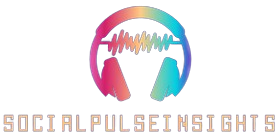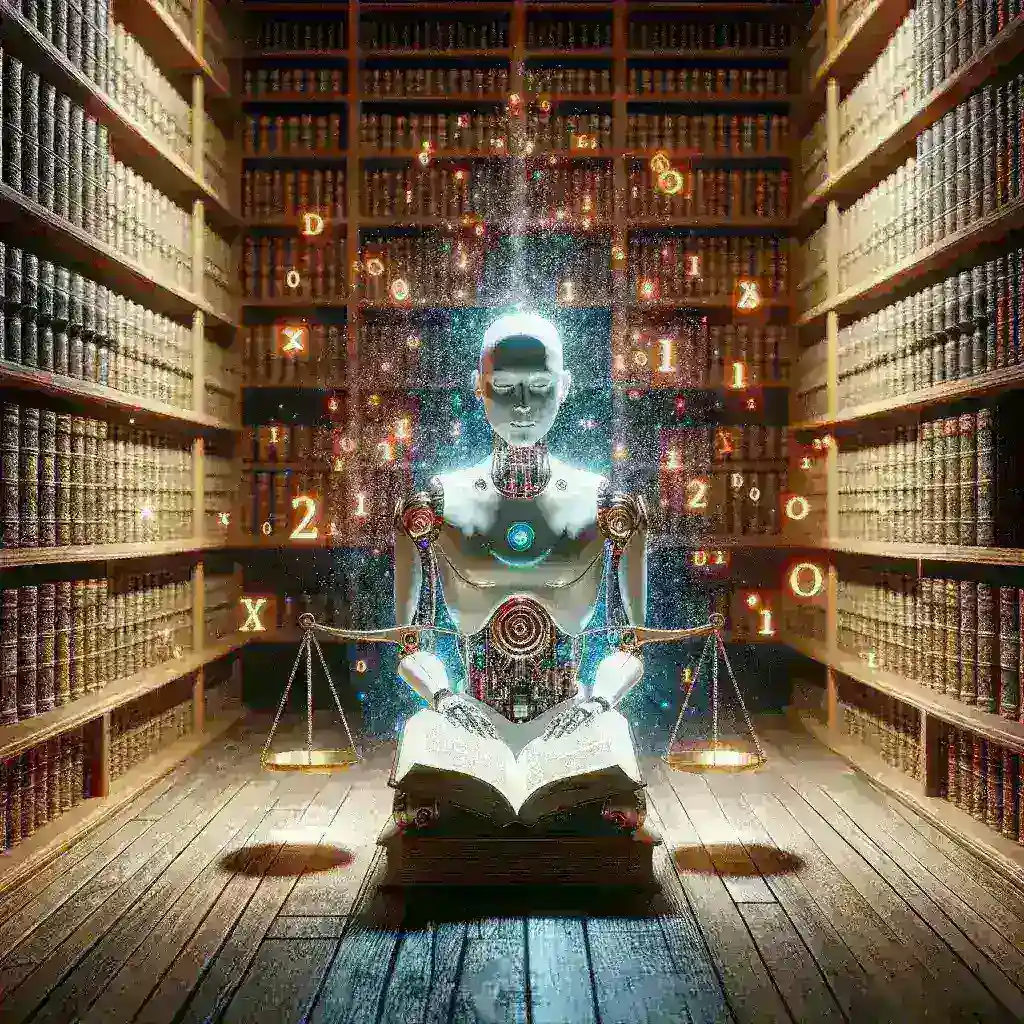Understanding AI Memoization and Its Impact on Copyright
As artificial intelligence (AI) continues to evolve, one area that has garnered significant attention is the capability of AI systems to memorize and reproduce written content. This article explores the implications of what is termed ‘meta book memorization’ by AI and the associated risks regarding copyright liabilities.
The Concept of Meta Book Memorization
Meta book memorization refers to the ability of AI to learn from a vast array of texts, books, and articles to create summaries, paraphrases, or even new narratives based on the learned material. This technology leverages advanced algorithms and machine learning, allowing AI systems to analyze patterns and structures in human language.
How AI Memorization Works
At its core, AI memorization utilizes natural language processing (NLP) frameworks that enable machines to process and analyze human language. By training on extensive datasets, AI systems can:
- Identify key themes and ideas within texts.
- Generate summaries or rephrase content while retaining the original meaning.
- Adapt writing styles based on the source material.
The Legal Landscape of Copyright
Copyright law is designed to protect original works of authorship, including books, articles, and other written material. However, the rise of AI and its capabilities brings forth several legal questions:
What Constitutes Copyright Infringement?
Copyright infringement occurs when a copyrighted work is reproduced, distributed, or publicly displayed without permission from the copyright holder. In the context of AI, this raises critical questions about:
- Whether AI-generated content derived from memorized material constitutes a new original work or an infringement.
- The extent to which AI can utilize copyrighted texts for training without violating copyright laws.
Risks Associated with AI Memorization
While the benefits of AI in terms of efficiency and data processing are clear, the potential risks regarding copyright liabilities cannot be overlooked. Here are some key risks:
1. Unintentional Infringement
AI systems might inadvertently reproduce copyrighted passages verbatim. Even if the intent is to summarize or paraphrase, the AI may still breach copyright laws by closely replicating the original text.
2. Ownership of AI-Generated Content
The question of who owns the content generated by AI is still a gray area in copyright law. If an AI system produces material based on a memorized book, does the AI developer retain copyright, or does the original author hold rights?
3. Legal Liability for Developers
AI developers may face legal challenges if their systems are found to infringe on copyright laws. As a result, companies might need to invest in legal counsel and risk management strategies to mitigate these liabilities.
Strategies to Mitigate Copyright Risks
To address the potential copyright issues associated with AI book memorization, developers can consider several strategies:
1. Data Curation
Implementing a robust data curation process ensures that the materials used for AI training comply with copyright laws. This might include using public domain texts or obtaining licenses for copyrighted material.
2. Monitoring AI Outputs
Regularly auditing the outputs generated by AI systems can help identify any potential copyright infringements. This proactive monitoring allows developers to adjust algorithms as necessary to reduce risks.
3. Legal Frameworks and Policies
Establishing clear legal frameworks and policies regarding the use of AI-generated content can help mitigate risks. This includes defining ownership rights and establishing guidelines for the permissible use of AI outputs.
Future Predictions for AI and Copyright Law
As AI technology continues to advance, the legal landscape surrounding copyright is likely to evolve. Experts predict several key trends:
1. New Regulations
Regulatory bodies may introduce new laws specifically tailored to address the complexities of AI and copyright. This could involve defining clear boundaries for AI use of copyrighted materials.
2. Collaborative Models
As copyright issues become more pressing, collaboration between AI developers and content creators may emerge. This model could foster an environment where both parties benefit, balancing innovation with rights protection.
3. Enhanced AI Ethics
With increasing awareness of ethical considerations in AI, developers may prioritize the ethical use of data and engage in responsible AI development practices that respect copyright laws.
Conclusion
The advent of AI-driven meta book memorization presents exciting opportunities for efficiency and creativity. However, it also raises significant copyright liabilities that cannot be ignored. As technology evolves, so too must our understanding and application of copyright law in the context of AI. By implementing strategic measures and fostering collaboration between stakeholders, it is possible to navigate the complex interplay of AI memorization and copyright while safeguarding the rights of authors and creators.

